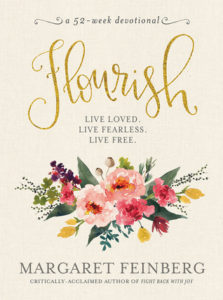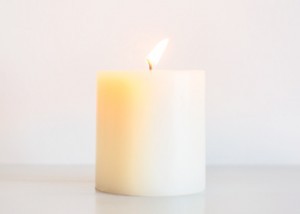 When you picture God, what come to mind? A stately King on his throne? A grandfatherly type with a beard? A disembodied being? It’s hard to picture God—and for good reason, since no one can look at his face and live to tell.
When you picture God, what come to mind? A stately King on his throne? A grandfatherly type with a beard? A disembodied being? It’s hard to picture God—and for good reason, since no one can look at his face and live to tell.
And that is true . . . to a point. But then Christmas comes and shatters all our preconceived notions. Christmas comes, and we have to rewrite our narrative of who God is and what he is like. Christmas comes, and we no longer have a God in the abstract. Christmas comes, and we have a God whose face we can gaze into, a God in flesh and blood.
After Jesus was born, Scripture says Mary “pondered these things in her heart.” I’ve always loved the idea of Mary pondering, but now I know why she pondered. When you are sitting there nursing your newborn son in the middle of the night, when everyone else is asleep and no one is posting anything new on Instagram, there is little to do besides ponder.
Among the things Mary must have pondered: The Christmas carols have it all wrong. It was not a silent night. All was not calm. I’m pretty sure there was blood and tears and labor pains. And the bit about “no crying he makes”? My apologies to the writer of “Away in a Manger,” but I’m pretty sure the little Lord Jesus cried.
This Christmas, as I hold my own baby son in my arms, I am struck anew by the sheer scandal of the incarnation. I can understand why the old hymn writers presented a scrubbed version of the manger scene. After all, how could a holy God allow himself to be covered in spit-up? How could the God of creation pee right through his swaddling cloths?
God entered our humanity completely—not just the beautiful, put-together parts, but also the messy parts, the sad parts, the ugly parts. He knows firsthand what it’s to be awake in the middle of the night. He knows what it is to be hungry, to cry, to be human.
So why would he do it? Why give up glory and honor in favor of late-night feedings and tears and dirty diapers? In a word: love.
Though he was God,
he did not think of equality with God
as something to cling to.
Instead, he gave up his divine privileges;
he took the humble position of a slave
and was born as a human being.
~Philippians 2:6-7
May we ponder the Incarnation in a fresh way this year—the scandalous reality that God would allow himself to come to us in the flesh. Ponder it now—the God of the universe, with a body we could hold. With a voice we could hear. With a face we could kiss.
God in flesh and blood.
’Twas much that we were made like God long before, but that God should be made like us, much more.
John Donne

 Sometimes God shows off when he’s answering your prayers. He comes straight through the front door—bold, undeniable, in your face.
Sometimes God shows off when he’s answering your prayers. He comes straight through the front door—bold, undeniable, in your face. ur own mouth too.
ur own mouth too. 
 One dreary Sunday afternoon last month, when I found myself in an unaccountable funk, Daniel motioned for me to join him at the kitchen window. “I want to show you something,” he said. “You seem grumpy, and I think this will help.”
One dreary Sunday afternoon last month, when I found myself in an unaccountable funk, Daniel motioned for me to join him at the kitchen window. “I want to show you something,” he said. “You seem grumpy, and I think this will help.”

